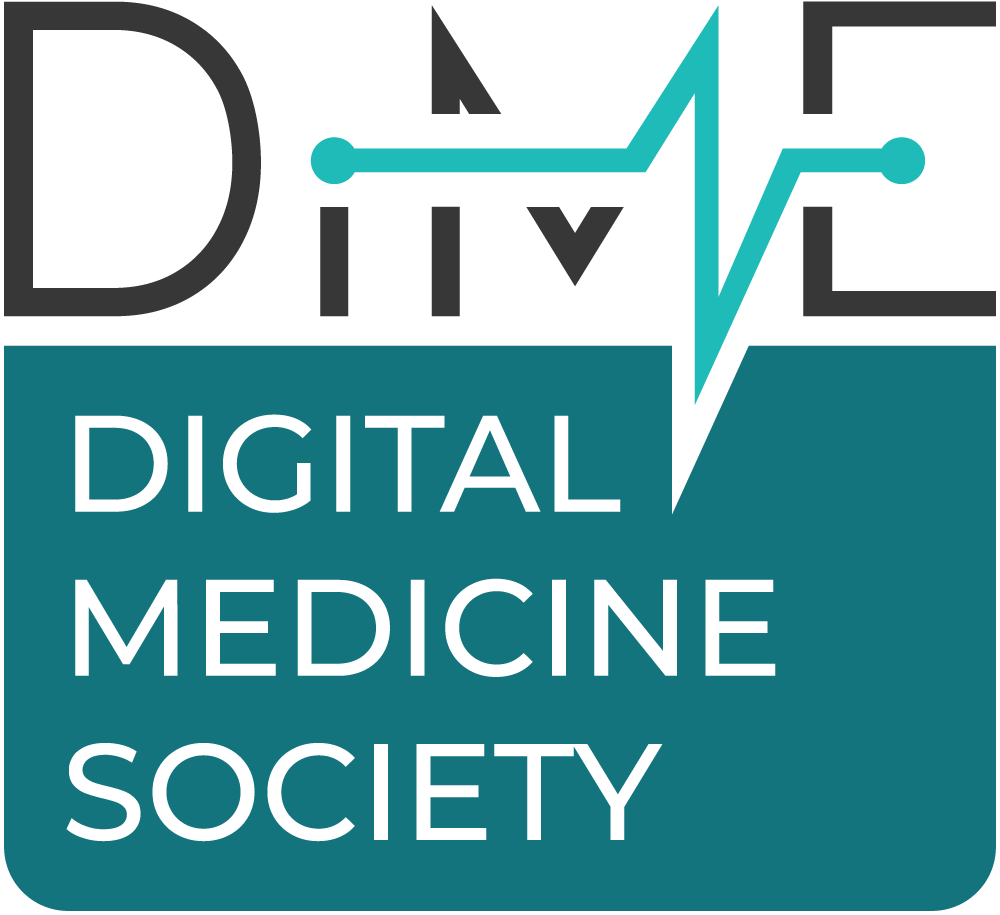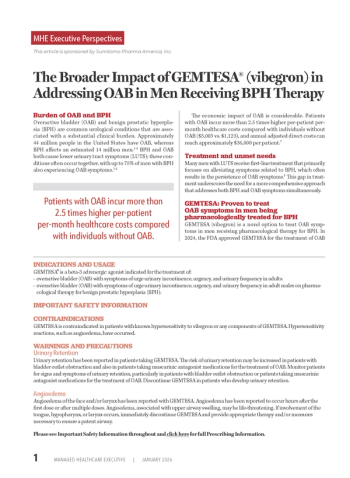
IMPACT’s Pillars to Ensure Your Virtual-First Care Solution Meets Industry Standards

The potential benefits of a remodeled delivery system based on virtual first care (V1C) are tremendous. Without consistent evaluation criteria to guide builders and buyers towards high-quality V1C, the trust of this movement is at stake.
Healthcare underwent a remarkable transformation in
As we enter a different economic climate in 2023, excitement about novel care approaches remains, but the maturing digital health landscape demands more consideration and alignment on what defines high-quality virtual-first care solutions.
The
Effectiveness: unleashing patient-centricity through V1C
The effectiveness of V1C lies in its ability to produce outcomes that are valuable to all key stakeholders – especially outcomes that matter to patients. To achieve this, providers must develop robust virtual delivery platforms that enable communication between patients and healthcare professionals, allowing for accurate diagnoses, effective treatment plans, and comprehensive team-based care.
These platforms offer the opportunity to better align with patient preferences and abilities for when, how, and where to receive care without sacrificing quality. It also allows providers to work seamlessly across multidisciplinary care teams to deliver integrated, patient-centric care. These factors result in sustained patient engagement that not only boosts patient and provider experience, but results in improved health outcomes and economic returns.
Trustworthy Digital Experience: a must-have foundation
Exemplifying a trustworthy digital experience means delivering an ethical, equitable, and safe digital experience. In an era dominated by technology, patients expect privacy, security, and authentication when interacting with healthcare platforms. It is essential for virtual first care to implement secure systems that protect patient data while ensuring easy access to their medical information. Technologies such as encryption, multi-factor authentication, and secure messaging play a vital role in establishing patient trust and confidence in virtual care solutions.
Clinical & Operational Integration: breaking down silos
V1C should fit seamlessly within an individual’s larger healthcare context. V1c should not be viewed as a separate entity but rather as an extension of the existing healthcare ecosystem. V1C should meet patients where they are. It should not just treat illnesses, but also address common challenges including access, affordability, interoperability, and patient education in one comprehensive platform.
As patients' conditions and care needs change, their care may transition across various settings, sites of care, and practitioners. High-quality V1C providers invest intentionally in workflows, data systems, and partnerships to minimize friction, ensure appropriate information exchange, make efficient use of health resources, minimize inconvenience for patients, and produce optimal patient outcomes.
Administrative Efficiency: the engine of progress
Efficient V1C minimizes implementation and operational frictions. V1C has the potential to streamline administrative tasks and optimize asset utilization to drive efficiencies across the industry. It also enables providers to reach wider patient populations, ensuring equitable access to healthcare services, especially in underserved areas. This also includes value-added operations like assistance in credentialing, licensing, training, and flexible work schedules.
Efficient and seamless administrative processes also play a direct role in enhancing the patient experience and increasing patient engagement. As the industry continues to evolve and virtual care becomes an integral part of healthcare delivery, efficiency and agility will be vital for success in this dynamic field.
A journey ahead
Understanding the core competencies of V1C is essential for healthcare executives looking to navigate the evolving healthcare landscape. By aligning with these four pillars, the industry will be able to harness the full potential of V1C to deliver high-quality healthcare services, improve patient outcomes, and drive operational excellence.
Start using this
Gabby Goldblatt, Partnerships Lead and Abby Sugg, Program Lead, are both with DiMe.
Newsletter
Get the latest industry news, event updates, and more from Managed healthcare Executive.



















